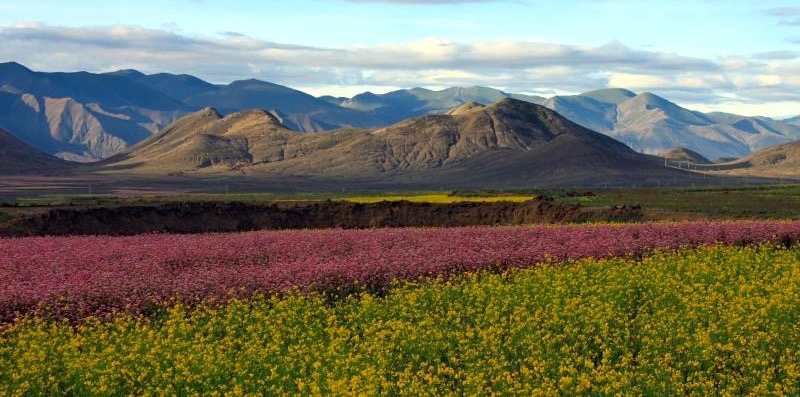March 23, 2016 — Forget laughter: Biodiversity could be the best medicine, at least when it comes to keeping plants healthy.
Scientists have long been intrigued by how the number of plant species in an area affects plants’ risk of getting slammed by disease. In general, viewpoints boil down to two competing theories. The first, known as amplification, contends that the more plant species there are at a site, the more hosts there will be, and so the more disease there will be as well. The other, known as dilution, suggests that the more plant species, the less likely it will be that a disease organism can find its particular host, so the impact will be less.
Past experiments testing whether diversity offers protection against disease tend to support the dilution theory. However, those experiments have not distinguished well between species richness — the number of different species in an area — and phylogenetic diversity, which also takes into account the relative numbers of plants from the different species. And for the most part they have been performed in highly controlled planting experiments rather than in natural settings.
In a study published this month in the journal Ecology, researchers from China and Australia dug deeper into the question by artificially altering plant diversity in an alpine meadow in Tibet in a way that kept the abundance of plants from the various species constant. Measuring the diversity of pathogenic fungi that attack leaves as well as the amount of damage the fungi caused, they found that higher plant species richness was associated with higher fungus diversity but also, interestingly, with less leaf damage.
Extending the research, the team also looked at how increasing temperature and nitrogen fertilizer affected the relationship. Both changes, they found, increased the severity of infection in the experimental plots.
The bottom line: In this case at least, the more diverse a plant community, the better the individual species that comprise it can ward off damage from disease. And as humans alter global temperature and other environmental conditions, we would do well to prepare for changes in plant disease susceptibility, too. ![]()
Ensia shares solutions-focused stories free of charge through our online magazine and partner media. That means audiences around the world have ready access to stories that can — and do — help them shape a better future. If you value our work, please show your support today.
Yes, I'll support Ensia!
